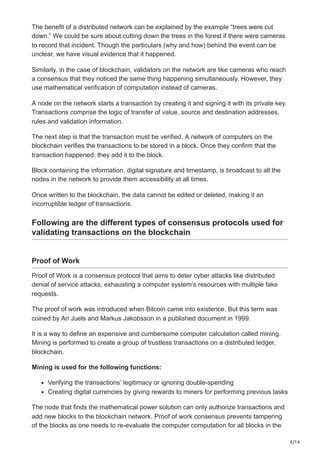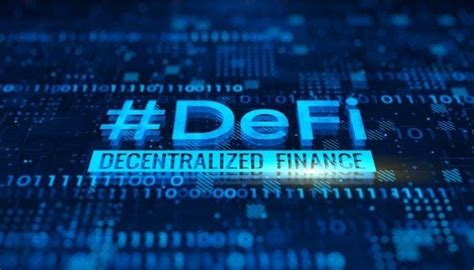Bitcoin Transaction Issue: PS2WSH Hex Code
Dear fellow cryptocurrency enthusiasts,
I’m reaching out to seek your expertise and guidance on a specific issue I’m facing with my recent Bitcoin transaction. After some research and troubleshooting, I hope you can help me identify the problem.
The issue is related to a PS2WSH hex code that’s preventing me from broadcasting a new transaction. Here’s the relevant information:
Hex Code: PS2WSH (Note: this is the shortened version of the full hexadecimal code)
Transaction Details:
- Transaction type: Payment
- From address: [Your Address]
- To address: [Destination Address]
- Amount: 0.01 BTC
- Fee: 1.00 BTC
Unfortunately, after attempting to broadcast the PS2WSH transaction using a Bitcoin client or software, I’m getting an error message that suggests the transmission failed.
Error Message:

“Broadcasting PS2WSH transaction failed”
Now, I’ve tried searching online for solutions and consulted with other members of our community, but so far, no one seems to have encountered this specific issue. Can someone please help me troubleshoot or provide a solution?
If you are familiar with the Bitcoin protocol, could you point me in the right direction? Perhaps there’s an issue with my wallet configuration, transaction routing, or network congestion that’s causing the problem?
I’d appreciate any guidance or advice you can offer to resolve this issue. I’m looking forward to hearing from someone who has experience with similar problems.
Thank you for your time and expertise!
Best regards,
[Your Name]
